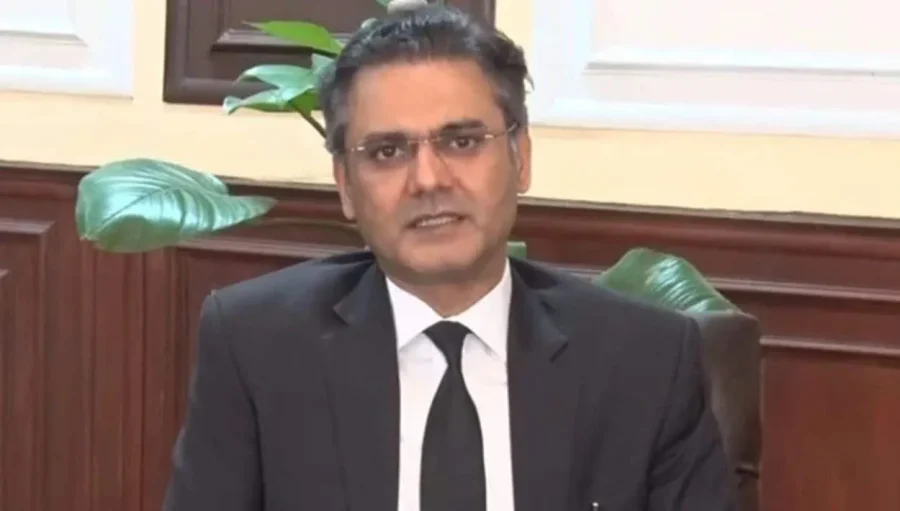Attorney General for Pakistan Mansoor Usman Awan told the Supreme Court of Pakistan Tuesday that as per the constitution, these were political parties, and not independents, which were entitled to reserved seats.
During the hearing of the Sunni Ittehad Council’s reserved seats case, he said that a political party would only be entitled to these seats if it had won at least one seat in the general elections.
A 13-member full-court bench of the SC, headed by Chief Justice of Pakistan Justice Qazi Faez Isa, heard the SIC’s appeals against the Election Commission of Pakistan and the Peshawar High Court’s verdicts that had denied the party reserved seats.
The AGP, on the occasion, also submitted to the court the record of reserved seats given to parties after the 2002 and 2018 general elections.
He told the court that Article 51 had been introduced in 2002 that dealt with these seats. “In 2002, the total number of these seats stood at 10,” he said, adding, “In 2018, out of a total 272 seats, the elections were held for 269 seats. As many as 13 independent candidates were elected in these elections. Of whom nine joined different political parties, and the formula of proportional representation was applied to 265 seats.”
The attorney general further explained that in 2018, there were 60 seats for women and 10 for minorities. “As many as 20 per cent of the candidates elected in the 2002 general elections from Balochistan were independent. And they were not taken into account while allotting these seats,” he said.
Addressing the AGP, Justice Athar Minallah said, “Awan sab, the basic question is that the ECP had deprived the party of a chance to contest the February 8, 2024 general elections. “By doing so, the ECP itself committed a breach of the constitution,” he said, and questioned, “Don’t you think that being the custodian of basic human rights, it is our duty to rectify this mistake.”
The attorney general replied that he would answer the question at the end of his arguments.










